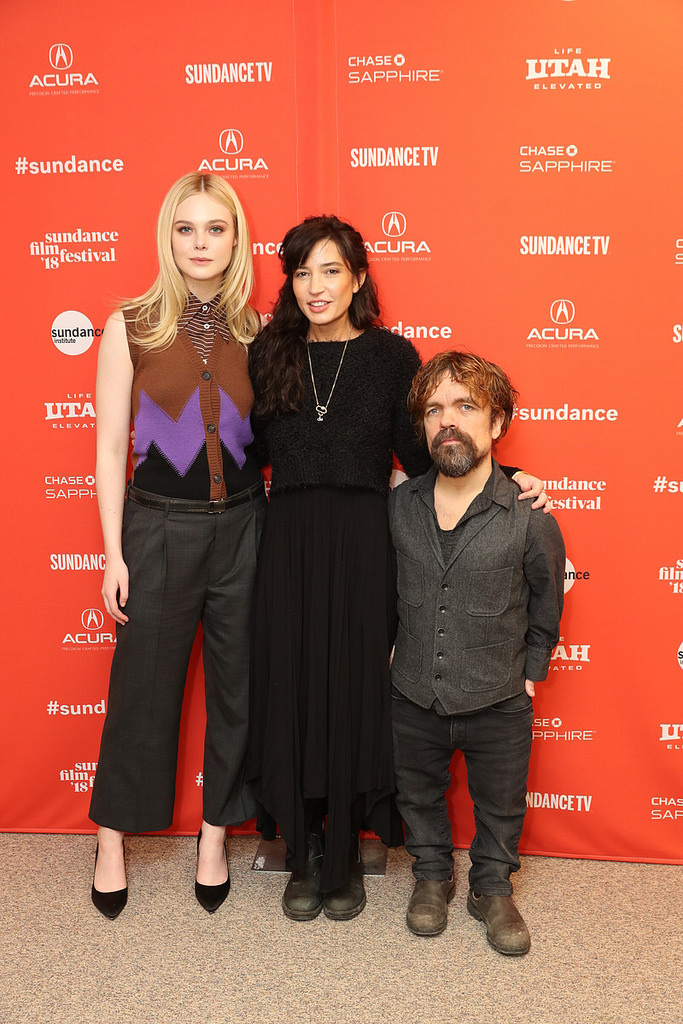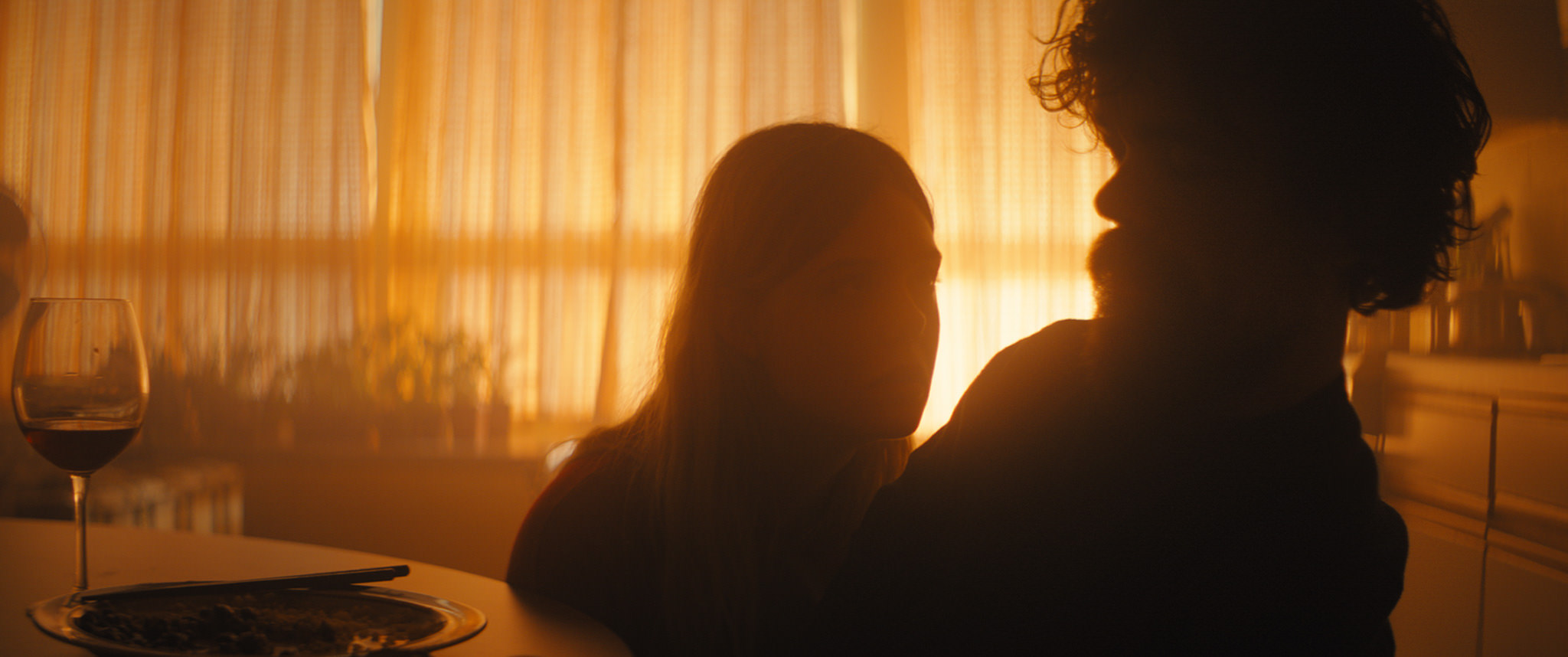
- Festivals
Peter Dinklage and Director Reed Morano Discuss the Apocalypse
In 1987, the alternative band REM released the song “It’s the End of the World as We Know It.” That title could well encapsulate cinema’s enduring fascination with our own demise. Mad Max, Children of Men, The Omega Man, The Road and of course The Terminator movies have all taken us to a place where our future is none too bright.
In Sundance this year, director Reed Morano (The Handmaid’s Tale) has delivered another doomsday scenario with I Think We’re Alone Now, this time taking the audience to a small town near the Hudson River where we meet Del (Golden Globe winner Peter Dinklage), a former librarian who is the sole survivor of an unspecified calamity which has wiped out not only the population of his small town but apparently the rest of the world as well. He seems content with his solitude, as we learn he was not treated with the greatest of dignity by his fellow town inhabitants, so this alone time is actually a blessing to him. But that beloved isolation is shattered with the arrival of Grace (Elle Fanning), complete with a car full of weaponry, who follows him home and soon injects herself into his life. Do two people make a community? Are we better alone? These are just a few of the questions the film explores. The HFPA sat down with Morano and Dinklage during the festival and asked about their involvement in I Think We’re Alone Now and what they hope the movie says to its audience.

Elle Fanning and Peter Dinklage in a scene from diretor Reed Morano’s I Think We’re Alone Now.
courtesy of the Sundance Institute
How much do you need other people around you to feel alive?
Dinklage: Well, we both work in a business that we really are dependent on each other so it’s hard to be alone but, you know, with that I like my downtime. I like my private time because we do, we’re constantly surrounded by a lot of people all the time at work. It’s important to find that alone time, you know, and so I have two little children so it’s a little tricky.
As filmmakers, how interesting of a theme is this to explore? What fascinated you to want to tell this story?
Dinklage: Well, I love, I mean, we’re so sort of accustomed to the apocalyptic world of the Mad Max and sort of the Escape From New York and the sort of Walking Dead, the outlaws, the zombies, everybody looking for fuel and the desperation of it all. I love the original take on this of what it would be like if I was to take away all of that, had a person who is okay with being alone and make it really personal. Chip away all the violence, all the guys on the motorcycles with eye patches and what would it be kind of really like. I just thought that was very inspired and then because it’s the apocalypse, such a visual landscape we needed somebody like this one to really capture that because without that then you won’t buy the movie.
When you create a world that is not realistic, one that we aren’t living in, there is almost a science fiction quality to that. Obviously, we wonder if humanity has stopped existing?
Morano: I think there have been movies made before, that are like, feel a little sci-fi but they’re very, very grounded like Eternal Sunshine of the Spotless Mind, you know, like the world is familiar but there’s something happening that’s a little off. When I read Mike’s script that was the first thing I thought of. I love those kinds of films that are not so far-fetched you can’t believe it’s really our world but at the same time, it’s not. It’s like almost like an alternate version of reality. I like when you set some very like-grounded performances and for me also the main thing I look for in any genre is character study. Del was a really great character study because you get very little information about the characters. All you can learn is whatever they’re willing to say or whatever we see and I really appreciate when I see movies that have restraint like that because it makes me think harder and, you know, it’s more gratifying I think in the end.
How do you like premiering I Think We’re Alone Now at Sundance?
Morano: I’ve come here before as a DP many times. I wish I had more time so I could see films and do stuff. This was different so it’s a lot of other responsibilities you have when you’re the director but it was my pleasure. It’s really nice also to be able to talk to other people like yourselves who appreciate movies and ask great questions and it’s great to like to analyze the work.

